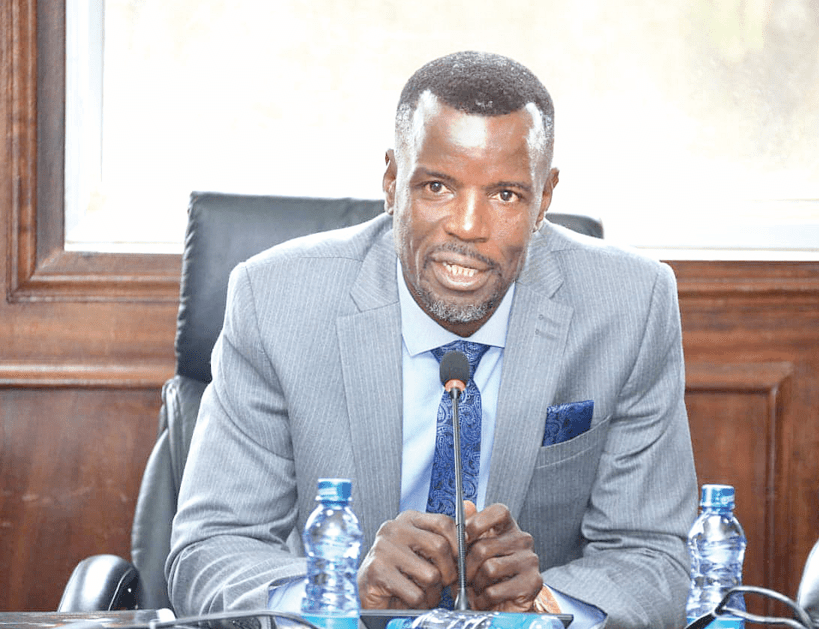Concerns over high number of Sickle Cell carriers in Kilifi County

Fifteen per cent of the population in Kilifi are carriers of the sickle cell gene, with the prevalence of the SS genotype being about 20 per 1,000 births, the county’s health department says.
Addressing locals at Vipingo Sports Ground in Kilifi South, the county health director, Hassan Leli, said over 1,500 sickle cell disease (SCD) patients were receiving care in public health facilities in the county.
“SCD is the world’s most common hereditary blood disorder, and many people who are interested in having children should emphasise genotype testing to avoid giving birth to children with the disease,” he said.
“For a child to be born with the condition, both parents must carry a sickle-cell gene, known medically as the AS genotype, which is passed from one generation to the next. If someone with a trait marries another person with it, there’s a higher chance that their child will be born with the disease,” he explained.
He revealed that carriers of the trait are advised to marry non-carriers who have the AA genotype.
However, he says Kilifi county, in partnership with the Ministry of Health and other stakeholders, is working together to address the challenge.
“The county has established comprehensive care for sickle cell disease to ensure that children are no longer left behind as they grow into adulthood,” he said.
Kilifi South alone has 50 per cent of the SCD patients due to intermarriage.
Mejumaa Mohammed, a researcher with the Kenya Medical Research Institute (KEMRI) centre in Kilifi, emphasised that lovers should get genetic oral testing to know their SCD condition before getting babies.
“A genotype is the set of genes in a person’s DNA responsible for a particular trait, and genotypes are considered important in relationships because they determine who sickle cell disease carriers are,” she explained.
“Generally, people who know their genotype from an early age or before getting into a serious relationship are able to make informed decisions,” she said.
National Director of Family Health Dr Bashir Isaak says SCD remains one of the most inherited blood disorders in Africa.
“In Kenya alone, an estimated 14,000 children are born with the condition each year. The burden weighs heavily in counties that are in the western and coastal regions. Yet it is increasingly reported all over the country, caused by population movement and intermarriage,” he said.
Dr Isaak says many children in Kenya still face late diagnosis, inadequate access to medicines and a limited support system.
‘’It is unacceptable that half of the affected children in Kenya do not live to see their fifth birthday,” he said.
Kilifi deputy governor Flora Chibule says Kilifi County remains committed to early screening, better diagnosis and treatment, and encouraging regular blood donation as well as ending SCD stigma.
‘’We also marked a major milestone with the launch of the Novo Nordisk Haemophilia Foundation Phase 3 (NNHF) initiative, which focuses on boosting our national and local response,” she said.
Catherine James, a sickle cell warrior, says Sickle cell crisis comes with excruciatingly painful complications and the Parliament should consider passing a bill making genotype testing compulsory before marriage.
“No religious body or registry should join couples together without presenting a particular certificate,’’ she said.
Lovelina Kadzo, another sickle warrior, says she takes at least three different types of medicine every day to manage the condition.
However, she says the price of drugs has gone up, and most SCD patients cannot access drugs.
‘’Sometimes I’m using Hydroxyurea, Paludrine and folic which is more than Ksh200 per day,” she said.














